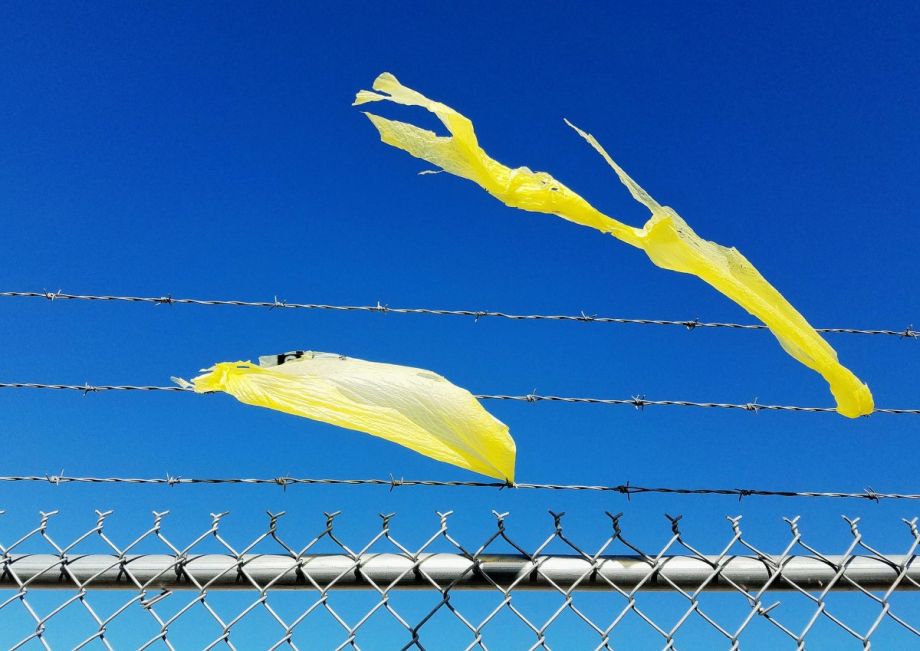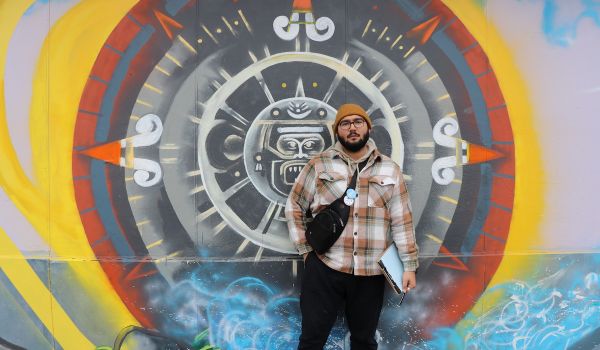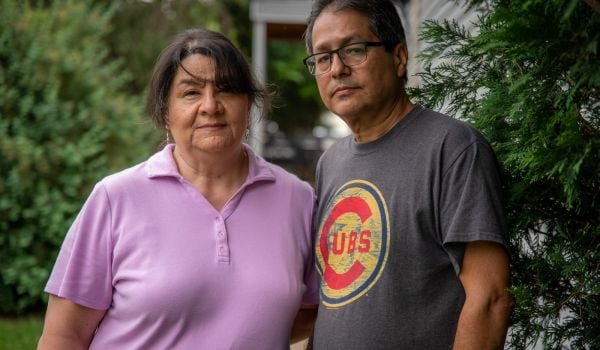Across the country, numerous states or municipalities have imposed restrictions to discourage the single-use plastic bags you might use while picking up groceries. But even if they wanted to, many states ban cities from imposing fees on those bags. In Ohio, for example, this is the case, as the latest state budget bars cities in Ohio from banning or imposing fees on plastic bags. A recent study suggests there are still ways to reduce single-use plastic bag waste.
OSU economist Wuyang Hu co-authored a study observing two convenience stores on the University of Kentucky’s campus which saw plastic bag consumption decline by about a third. The key to reduction, he explains, is using encouragement rather than discouragement.
That encouragement is what behavioral economists refer to as a “nudge,” a low-cost incentive meant to influence an individual’s choices or actions. In this case, Hu explains, the store offered customers a token if they declined a bag, which could be directed toward a handful of charities.
“So in this process the consumers have the freedom to choose a bag, but yet the consumer also has the freedom to give it up in return for a token,” Hu says. “That token, worth five cents apiece, can be donated to a local charity.”
In the study one of the convenience stores offered tokens and the other didn’t. Hu notes it’s not a perfect proxy for a store outside the campus setting, because most customers have backpacks. Still, they saw the overall probability that a customer would ask for a bag drop by about 10% to 12% which represents a drop in actual bag usage of about 30%.
Hu contends the results might actually undersell the effectiveness of the nudge. Many of those who wound up taking a bag, he says, simply had too many items. But Hu also acknowledges that a nudge tends to decay over time as people get used to it. He argues the token program might need to be refreshed or altered occasionally to keep consumers engaged.
Still, he thinks the study offers a proof of concept.
“The simple fact that we have done this and were able to identify that the token is a good signal,” Hu said. “Now they can actually trust our program, say hey look we probably can and should implement this. So that function of our study personally I think that’s even bigger than the exact number, which is 10 to 12, because that shows people a success story.”
As for why a store would want to offer to spend money on donations, Hu returns to the idea of keeping the cost of a nudge low. And he argues many customers seem to like the approach, so a business directing its dollars to charity instead of spending on bags is not necessarily going to result in a net loss.
“Compare two stores just general stores on the street, one store has a token program the other doesn’t, and chances are the one that has a program can draw more customers,” Hu said. “That’s a really interesting question, but I wouldn’t say the answer is easy that the store is definitely worse off because it needs to give money to other entities, it’s not that simple story.”
This story originally appeared in the Ohio Capital Journal. It is reprinted here under a Creative Commons BY-NC-ND license.
Nick Evans has spent the past seven years reporting for NPR member stations in Florida and Ohio. He got his start in Tallahassee, covering issues like redistricting, same sex marriage and medical marijuana. Since arriving in Columbus in 2018, he has covered everything from city council to football. His work on Ohio politics and local policing have been featured numerous times on NPR.






_600_350_80_s_c1.jpg)









